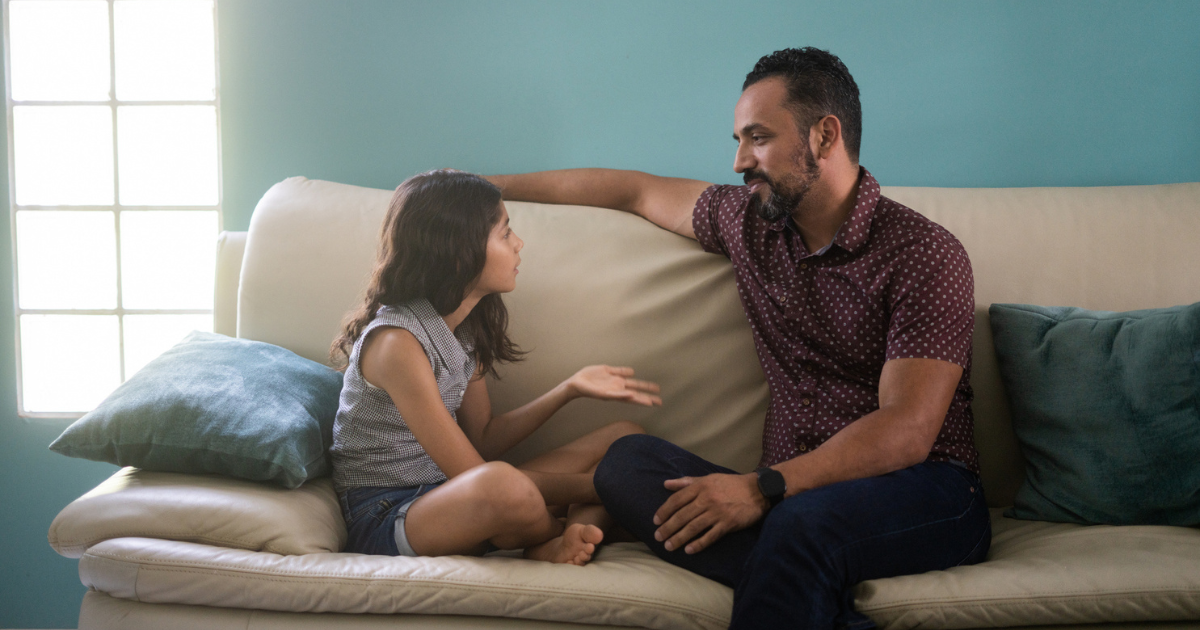How to talk to kids about coronavirus

The new coronavirus (COVID-19) has gained so much attention that children are starting to notice – and worry. Ryan T. Edwards, MD, who specializes in child and adolescent psychiatry, shares some strategies for helping young people deal with their concerns. Dr. Edwards says, “Children can have similar levels of anxiety and stress that adults do, but react differently depending on their developmental level.” If any of the following signs last more than two to four weeks, or appear suddenly later on, your child may need professional help coping.
Preschool and school-age children:
- Become excessively clingy
- Regress backward from previously achieved milestones (such as potty training)
- Mimic adult emotions
- Act out
Adolescents:
- Become more withdrawn
- Complain of physical aches and pains
- Engage in risky behaviors
Turn concerned thoughts into helpful action
Many children find relief by becoming actively engaged and helpful. Teach your children about things they can do to help prevent the spread of illness, such as proper handwashing techniques. Take opportunities to help others in need, such as participating in a medical supplies drive or talking to sick family members (through phone or video conferencing)."
Limit kids’ news exposure
News media coverage of disasters and national crises affects children differently than adults. According to Dr. Edwards, “Children may have acute stress reactions, or even develop PTSD from distressing news media, even if the actual threat isn’t in their community.” To help children interpret and make sense of the information, watch news coverage about the virus with them. Limit daily access to news coverage, to give them prolonged periods without coronavirus reminders.
Keep an open dialogue and a routine
Take time at regular intervals to sit down with your kids:
- Be an active listener
- Allow them to vent and discuss their knowledge and fears of the outbreak
- Gently correct any misinformation you hear, and be honest with them about what is known and what is unknown
- Reassure them you’re doing everything to help keep the family safe
Maintaining structure and routine is important. For instance, if you normally go to grandma’s home each weekend, arrange video calls with her instead of at the same time. If school closes for days, be prepared to keep kids engaged in educational activities during typical school hours. Keep a routine of expectations and chores, even if your living arrangements need to temporarily change.
So far, children have a lower risk of complications. Even so, many young people may worry about the disease. For an illustrated and lighthearted resource, share this coronavirus comic and three-minute audio story just for kids.



